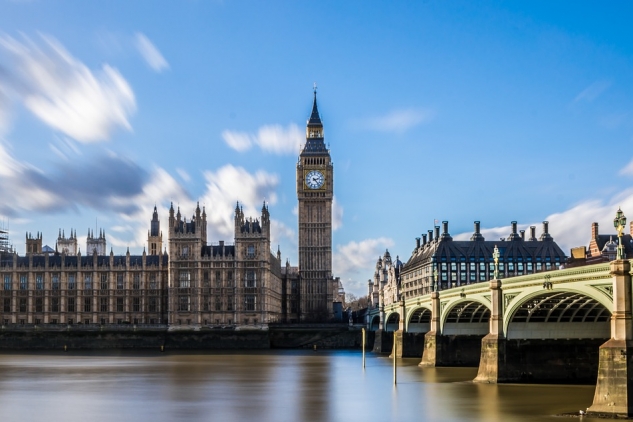
Public procurement: the Government’s opportunity to lead on workers’ rights
More than £200 billion, about a third of the UK Government budget, is spent on purchasing goods and services (public procurement). This gives the Government leverage and represents an opportunity to show leadership in progressing workers’ rights in supply chains.
With its public procurement spending, the Government must take responsibility for protecting the human rights of the people producing goods and offering services. While some international governments have acknowledged this and used their leverage to drive positive change in supply chains, in the UK there is currently no legislation requiring public authorities to consider labour standards when purchasing. In our recent report, Risky Business, FLEX calls on the Government to increase and strengthen the focus on labour exploitation in public procurement.
In other countries, governments have taken a proactive approach to addressing exploitation through public procurement. In the USA, the Government prohibits public contractors from engaging in practices that relate to or may lead to human trafficking. This includes confiscating immigration documents, charging recruitment fees, or failing to provide adequate housing. Companies that fail to comply with the requirements may face serious penalties, including losing their contract, financial responsibility, and imprisonment. In Norway, the Government has identified cleaning and construction as sectors with a high risk of labour exploitation. As a result, a recent regulation introduced limitations on the number of layers in supply chains in these two sectors. In this way, the Government aims to prevent labour exploitation by making it easier to monitor the whole supply chain. The region of Oslo has gone further, by limiting supply chains to two layers and introducing a requirement that at least 80% of employees in their supply chains must be hired on permanent and full-time (or close to full-time) contracts. By promoting good working conditions with its suppliers, the region is striving to be a responsible buyer and employer.
The US and Norwegian examples illustrate how public procurement can be used by governments as a means to improve working conditions and prevent labour exploitation. For the UK Government to lead on workers’ rights, a first step would be to amend the Public Contracts Regulations 2015 so that companies that are responsible for abuses of labour rights are excluded from future opportunities to supply public goods and services. The government should also develop a Code of Practice for Ethical Employment in Supply Chains which requires public buyers to consider employment practices and to exclude companies that cannot adequately protect workers’ rights.
Public procurement is an opportunity for the UK Government to use its £200 billion spending to improve the conditions of people in supply chains. FLEX calls on the Government to make use of this opportunity and adopt progressive legislation on public procurement.
Read FLEX’s full recommendations on public procurement and supply chains here.
